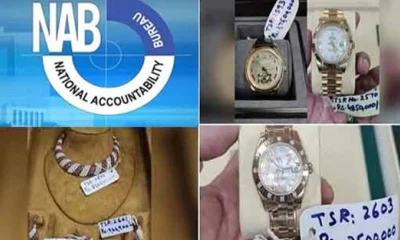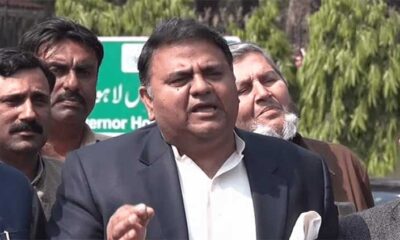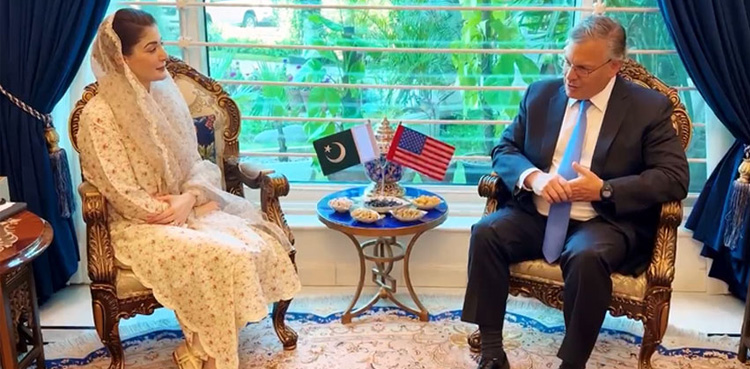A three-member bench of the Supreme Court has unanimously declared the Election Commission of Pakistan’s (ECP) order to delay the election in Punjab and Khyber Pakhtunkhwa “unconstitutional”.
The three-member bench — led by Chief Justice of Pakistan (CJP) Umar Ata Bandial and comprising Justice Munib Akhtar, and Justice Ijaz Ul Ahsan — also ordered the electoral body to hold an election in the province on May 14.
The ECP postponed the date of the election in Punjab to October 8 — initially scheduled to take place on April 30 — citing a resurgence of terror attacks, a shortage of security personnel and an unprecedented economic crisis.
Following the ECP’s decision, the Pakistan Tehreek-e-Insaf (PTI) filed a plea challenging the decision. The top court accepted the plea and began hearing it on the same day, March 27, it held six hearings for a period spanning over eight days, in which parties involved presented their arguments.
Since then Prime Minister Shehbaz Sharif-led coalition government and Imran Khan-led government have been embroiled in verbal wars with the former expressing no confidence in the three-member bench hearing the case.
To understand the situation better, Geo.tv reached out to legal experts to share their two cents on the situation.
‘Historic decision’
The decision by the Supreme Court of Pakistan is a historic one. I think Justice Bandial certainly chose to live like [former CJP Justice Alvin Robert] Cornelius — celebrated for his impartiality — as opposed to [another ex-CJP] Justice Muhammad Munir — who in a controversial 1954 judgment validated the extra-constitutional use of emergency powers by then Governor General, Ghulam Mohammad.
And for the first time in the history of Pakistan, the judiciary of Pakistan has chosen to bury the doctrine of necessity. Even otherwise, on the constitutional front, this is a fantastic decision.
The supreme court has upheld the constitution that is what the constitution mandated even apart from that their previous decision had very clearly laid down the principles that were to govern the elections in Punjab and of course KP but the decision has been reiterated once again and the election commission has also been cut to its size for exercising its power which it did not have in the first place and was illegal and unconstitutional.
Barrister Muhammad Ahmed Pansota
‘Not a case of first impression’
This was not a case of first impression or one of great legal complexity. The judgment today is a plain reading of our Constitution, handed down after the state refused to carry out a constitutional command: elections within 90 days.
That it is currently the Supreme Court that is single-handedly keeping democracy on the rails goes to show the scale of our regression in recent months. It is now vital that the judgment be enforced.
Barrister Asad Rahim Khan
SC order ‘not a result of any desires’
Despite the passage of 75 years since independence, the crucial role of the Constitution in governing any state has not been fully realised.
Regrettably, in Pakistan, political parties have often emerged as by-products of military interventions, dictatorships, and martial laws, which have hampered the growth of democratic institutions in the country. Therefore, we regularly observe subversion and abeyance of the Constitution of Pakistan by the institution(s) or government(s) which have hindered the growth of democracy.
Although their own establishment/formation comes from the Constitution of Pakistan. In this context, the Supreme Court of Pakistan plays a critical role as the constitutional and apex court of the Islamic Republic of Pakistan.
The court is responsible for upholding and protecting the Constitution even by taking Suo-Moto when necessary. It has been explicitly there in Article 224(2) that general election to any Assembly when Assembly is dissolved, ‘shall’ be held within a period of ninety days; leaving no discretion neither upon any institution or even on Supreme Court.
The recent order of the Supreme Court of Pakistan is not a result of any whims or desires, but rather a regular and essential measure to safeguard and uphold the Constitution of the Islamic Republic of Pakistan.
Advocate Sheikh Saqib Ahmed
‘SC surviving with increasing fault lines’
The decision regarding the polls is constitutional. It is the approach adopted by the CJP, which is subjected to a great deal of criticism.
The controversy regarding the SC’s order of March 1 about 4:3 or 3:2 is still unresolved. The continuing reluctance by CJP not to hold a full court hearing on this is a testament that SC is not only divided by surviving with increasing fault lines.
Lawyer Muneeb Farooq
‘This is far from over’
The ultimate conclusion was always going to be exactly this: that elections were to be held as close as possible to the constitutionally prescribed period of ninety days.
No reasons were offered compelling enough to rebut this requirement. Between remaining faithful to the constitutional timeline, and elections being delayed by many months, this is a welcome outcome.
However, the criticism of the manner in which we arrived here still remains. And the conflict between method and outcome is an imagined one.
One can be glad that the Supreme Court did not reach for a coat of one of the many shades of necessity, while also believing that there was much it could have done to gain the trust of the people — both within and without.
Regardless, with a new forum of appeal soon to be provided in the law, this is far from over.
Lawyer Salaar Khan
‘Fairly comprehensive’
I believe it’s a correct verdict because there was no other interpretation of the provision that elections had to be held in 90 days. It was quite clear cut and any other deviation from this would have been very very problematic and would have been tantamount to subverting the Constitution.
The other thing is that the SC order is quite comprehensive and they have set the date of the election about 13 to 14 days later, but provided a very specific framework, while they’ve done so.
Subsequently, the orders also write that in case of non-compliance, the ECP can come back to the court and it appears that contempt proceedings can be initiated.
What is interesting is that when it comes to KP elections, the bench has surprisingly said that it has been adjudicated upon. So we can expect the elections in KP to be held later than May 14.
Otherwise, there’s nothing surprising about the order. It was expected and is fairly comprehensive.
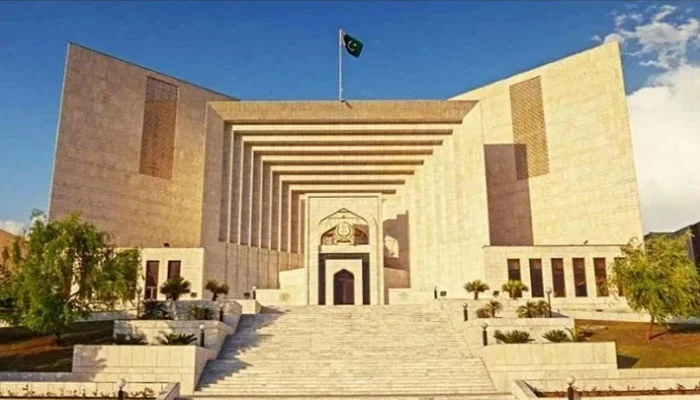

 Latest News2 days ago
Latest News2 days ago
 Business2 days ago
Business2 days ago
 Business1 day ago
Business1 day ago
 Business1 day ago
Business1 day ago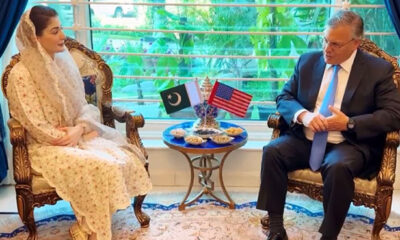
 Latest News3 days ago
Latest News3 days ago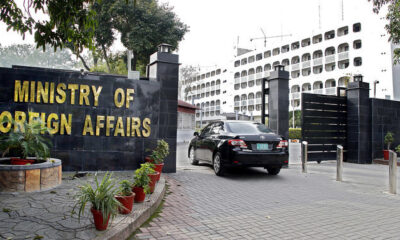
 Latest News2 days ago
Latest News2 days ago
 Business2 days ago
Business2 days ago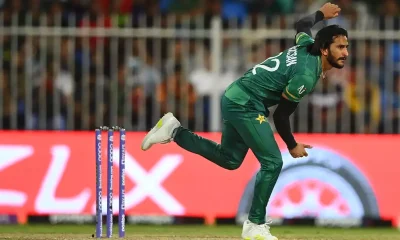
 Latest News2 days ago
Latest News2 days ago




